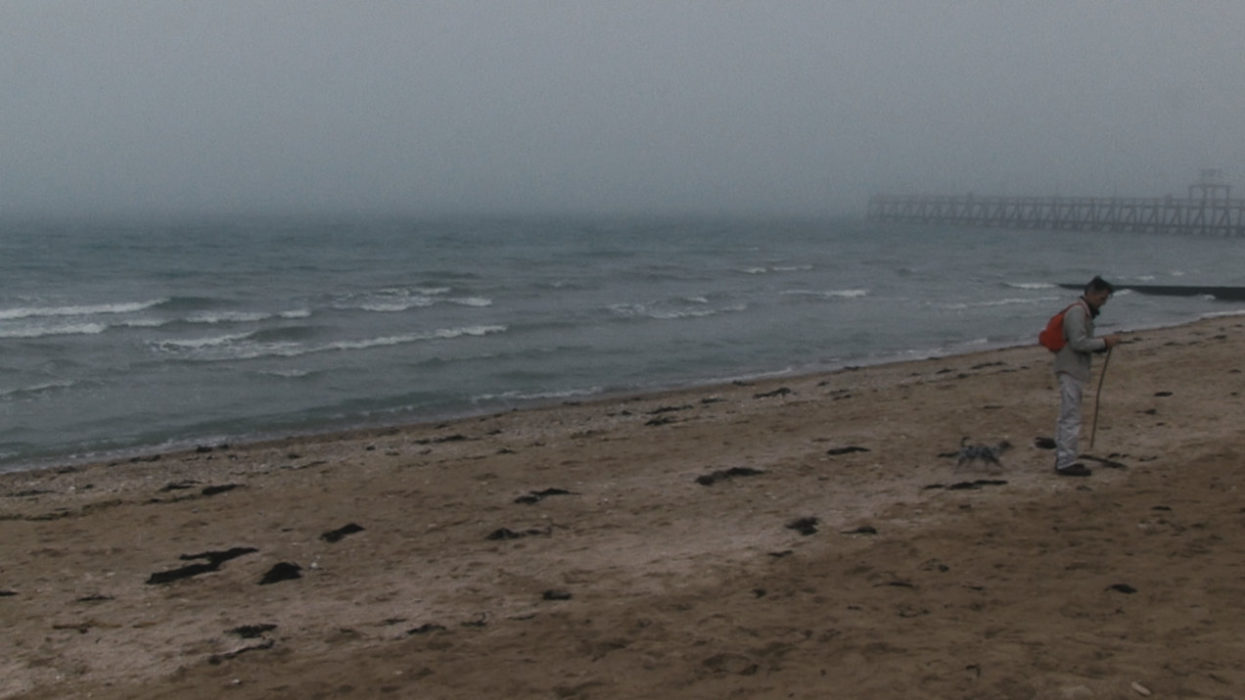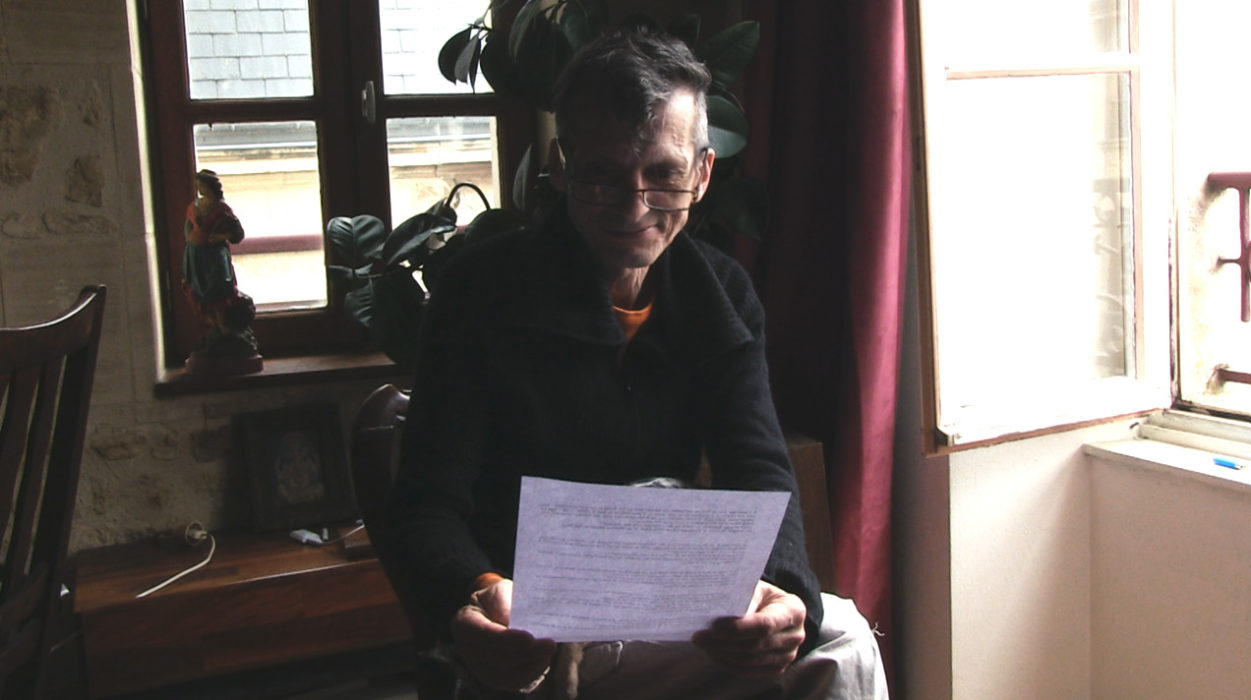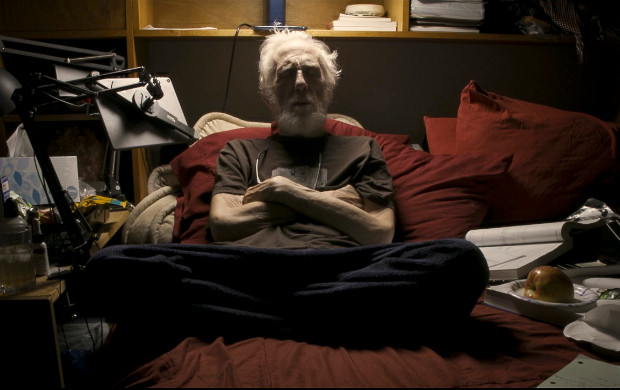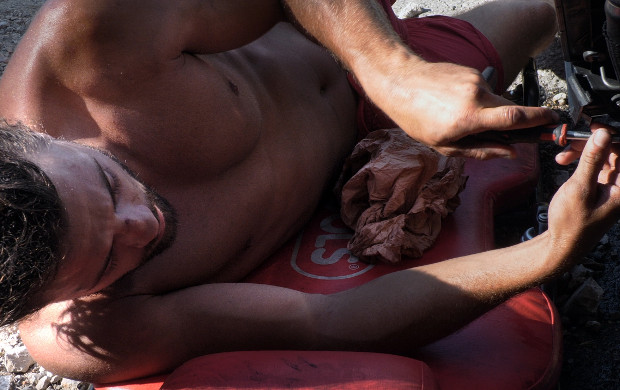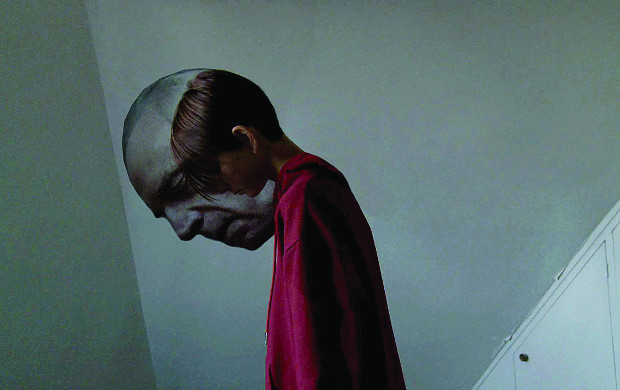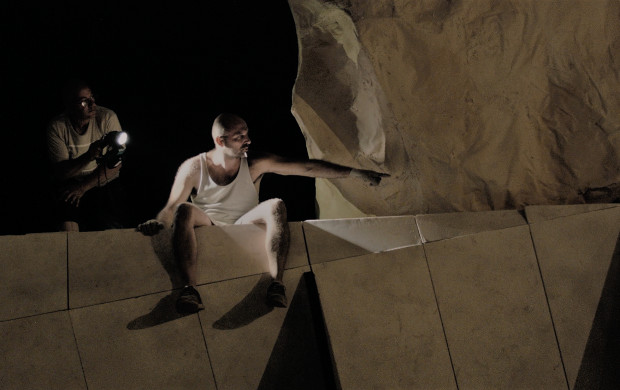Baleh-baleh
- 2021
- France
- 51 min
I give a friend a tale to read. He leaves his house, walks across the countryside, repeats the tale to himself, and arrives at the sea. And so it was that a stonecutter, who became rich, then king, then sun, then cloud, then rock, became a stonecutter once again.
Once upon a time there was a stonecutter who wanted to become rich, then a king, then the sun, then a rock, before wanting to become a stonecutter once again. When filmmaker Pascale Bodet handed this philosophical tale from Asia to Laurent the carpenter, she was offering a pretext for embarking on the conversations we so often forget to hold: how do you live and how do you want to live? Mimicking the tale’s cyclic nature, the director has three feminine characters talk with Laurent, one after the other: his eldest daughter, his youngest daughter, then their mother. She gives them the role of discussion partner so that she can play the role of an active witness more effectively, contributing to the discussions with her camera movements. The tale raises questions that are sometimes taboo within a family – on work conditions and money –, and gives rise to unexpected declarations. The operational virtue of the distant fiction is highlighted by another more familiar fiction, that of the shot-reverse shot technique which reconstitutes the space of the dialogue while at the same time underlining the gap between one person and the others. A played film, in the most fun-loving sense of the term, Baleh-baleh is also a walking film. As if to progress along the path of his thoughts, Laurent advances along pathways and the beach and enters into the tale, which he reformulates and begins to inhabit, passionately embodying the different characters. But the performative movement is interrupted when Joël the chihuahua deviates from the path traced by his master and forces him to bend to its canine desires. One cannot be both carpenter and king.Olivia Cooper-Hadjian
- Production : Pascale Bodet, Les Films du Carry (Michèle Soulignac)
- Cinematography : Pascale Bodet
- Sound : Benjamin Laurent
- Editing : Pascale Bodet, Agnès Bruckert, Serge Bozon
- Original music : Olaf Hund
